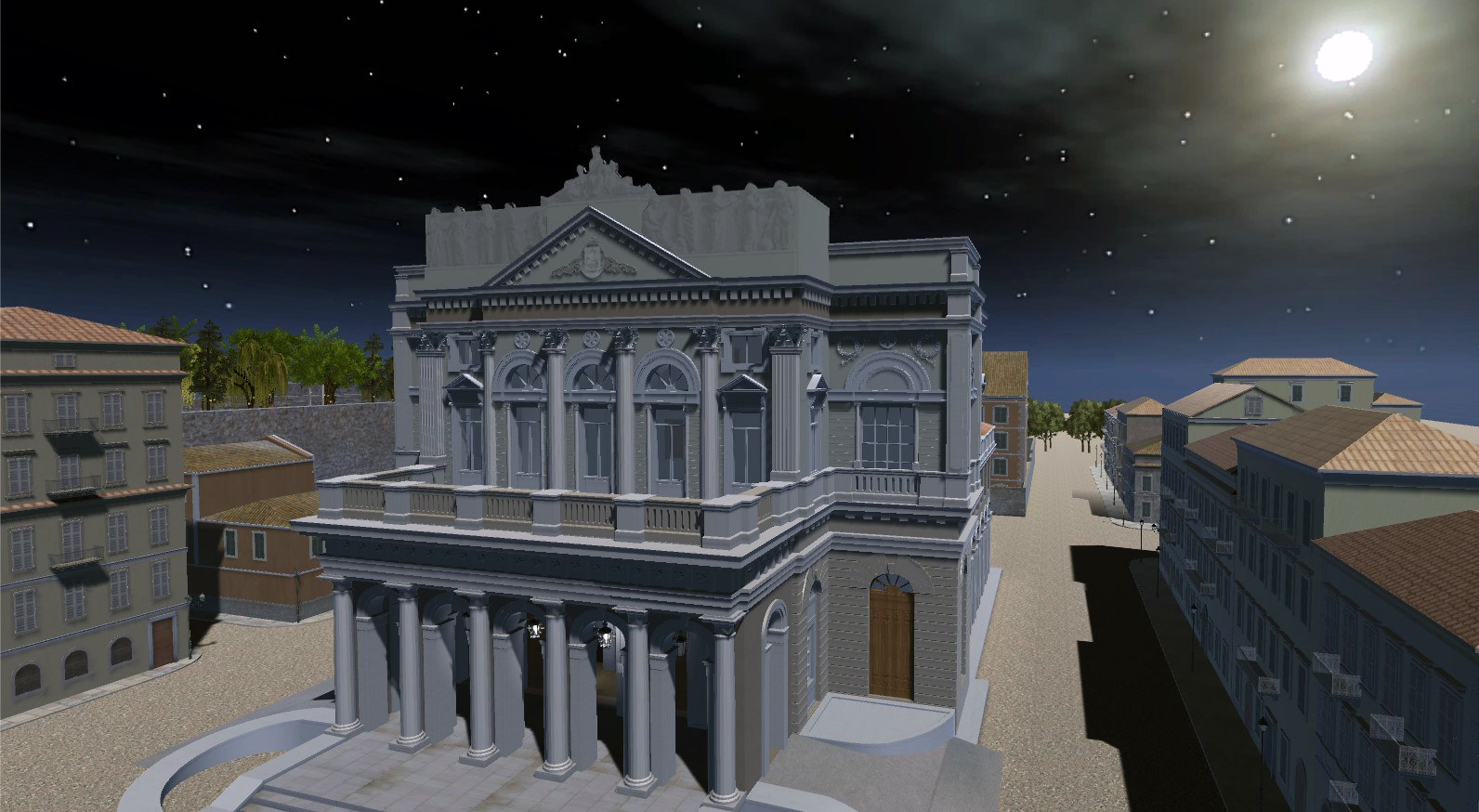The Project

A key issue of cultural management agencies in modern reality is communication with society, the groups of individuals that are organized around common political, economic, legal and cultural institutions, which include the monument or, more broadly, the area of cultural interest. The public-focused, community-oriented museum space or culturally significant site becomes flexible to adapt to the surrounding whole. A major change that took place during the second half of the 20th century between ‘monument’ and audience was the realization that audiences are made up of different groups of people with individualized needs and expectations. At the same time, the concept of equal acceptance of all cultures was developed, with the term cultural democracy. In addition, the obligation to ensure public access to cultural heritage was set at a global level. The recognition of the particularities of the public and the existence of different target groups has oriented the development of different methodologies, through which the possibility of participation and learning in culture is provided.
Visitors must be transformed, through 3D representation and immersive technologies (virtual/augmented/mixed reality), from receivers of any narratives and messages into active producers of experiences, transferring personal ideas and previous knowledge – experiences. A prerequisite for all actions related to the promotion of cultural goods is the assurance of correct information, which, through innovative methods, will reach the final recipient, the public. It is essential that thorough documentation and gathering of information material, derived from a comprehensive review of valid international bibliography, has preceded by specialized members of the scientific team. The collected information, after it has been processed, is recorded in an understandable way and is adapted in response to the recruitment of all communities, without, of course, falling short in terms of validity and clarity. For visitors – users entering a monument in physical presence or through virtual reality, the goal is for them to be able, with the contribution of easy-to-use and friendly methods, to decode the information with their personal cultural tools and, on a second level, to communicate consciously or unconsciously their own practices and meanings. The ultimate goal is for the public to experience their own museum/ cultural/ archaeological etc. “place”. Modern approaches in the field of museology and the promotion of cultural heritage follow the corresponding trends of externalization in the promotion of points of cultural interest, placing at the center of the plans, the public, i.e., the whole of the communities that make up the society around them.
v-Corfu sought from the first steps of proposal design and ultimately achieves the development of a relationship between visitors and cultural assets, following modern international imperatives in the field of culture
See more...
-
Project Description
A central element of v-Corfu is the Virtual Exhibition which enables digital visitors to browse its virtual exhibits. This space is virtually represented in the Old Municipal Theater of Corfu which, although no longer exists, remains alive in the local living memory and is another example of Corfu's close relationship with the culture and art of the rest of Europe. Find the detailed description here...
-
Project Team
v-Corfu is developed by an interdisciplinary project team with many years of experience in the design and implementation of immersive systems and applications, which is made up of professors and researchers of the Ionian University with a strong research interest in Digital Culture issues. Meet our team here...
-
Project Applications
The v-Corfu project focuses on highlighting the cultural and natural wealth of Corfu using Virtual, Augmented and Mixed Reality technologies and interactive multimodal content that includes videos, photos, three-dimensional (3D) modeling, audio content and informative text. Discover the apps here...
-
Project Publications
In a continuous effort to disseminate the results of the project to the wider academic and scientific community, the v-Corfu project team has proceeded with a series of publications in reputable scientific journals and international/panhellenic conference proceedings. Find the full list of publications here...
-
Project News
One of the main goals of v-Corfu, beyond the creation of applications accessible via the internet, is also the support of actions to communicate the results to society. Read our news here...